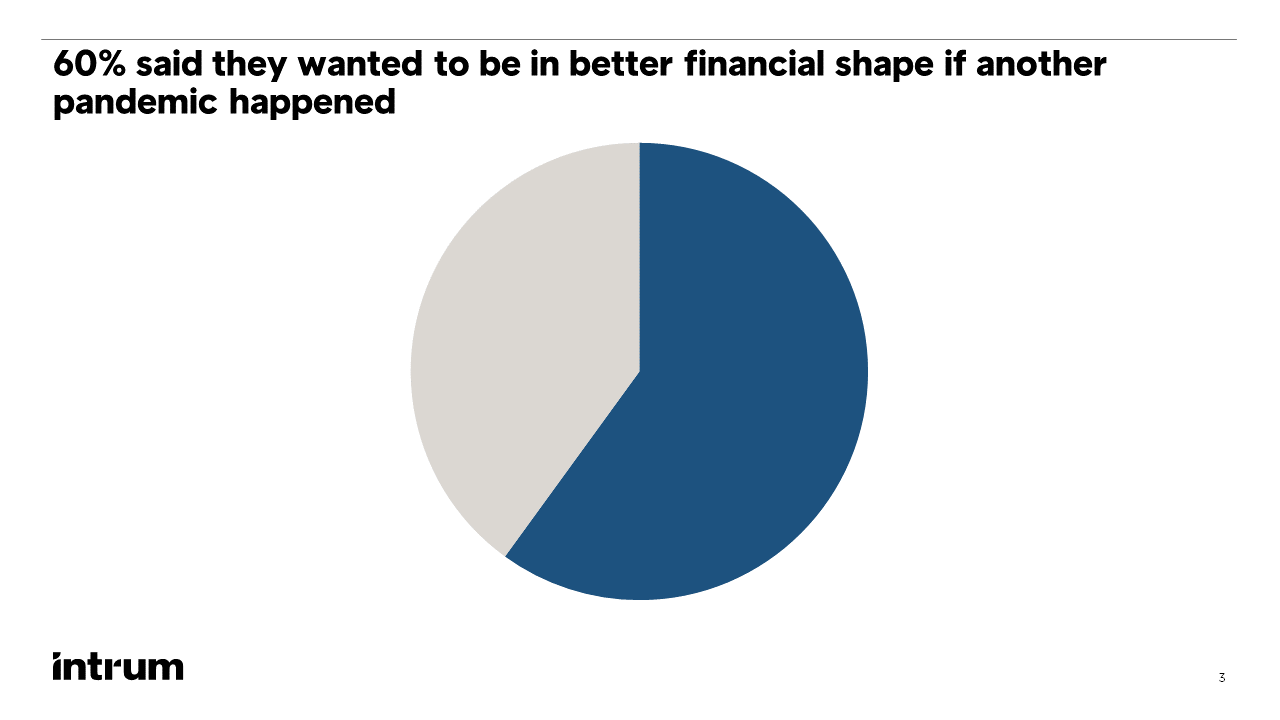Knowledge is power – why financial literacy matters…
It’s easy to become dispirited about your financial situation when world events are as disruptive as they have been in recent years. With a pandemic, war in Ukraine and growing inflation, it can feel like nothing we do personally makes a difference.
At Intrum, we believe in the importance of understanding and taking control of your finances – no matter how bleak things may seem. It’s always better to have a firm grasp of your situation so you can work to improve it and seek help if you can’t manage.
In a survey we did of 24,000 Europeans, many said the pandemic had motivated them to improve their financial literacy – 60% said they wanted to be in better financial shape if another pandemic happened.

However, it can be hard to decipher good advice from overcaution – 60% also said they would warn their child not to take on debt. While this is sensible when it comes to credit for clothes shopping or expensive holidays, debt also allows people to purchase homes, pay for education and start businesses. It’s how you manage it that matters.
In Sweden, Germany and Austria, our interactive online lessons for students and teachers help people learn how to manage their personal finances. The Spendido initiative aims to reduce debt among young people and help prepare the next generation for society as it is today.
In Spain, we have issued a financial guide targeting students in upper secondary school, which among other issues explains the risks of online gambling, investments in cryptocurrencies, and other financial topics that are relevant for young adults.
In Hungary, we are running a competition to increase financial literacy. We also give talks in schools in Denmark and the Baltic countries as we believe its important for children and young people to learn about financial management at an early age.
Despite this, it is never too late to learn. In Norway, Intrum collaborates with the Red Cross Network to offer support to convicts who are preparing for life after prison. As well as education and job training, they learn about debt and personal finances, so they are in a good position when they are released.
Here are some of the things we cover:
Managing your money well opens your options for the future. Once you are free of problem debt, you will be more able to take up exciting work and education opportunities, buy or rent a home, travel and enjoy your life. It’s never too late to start!


